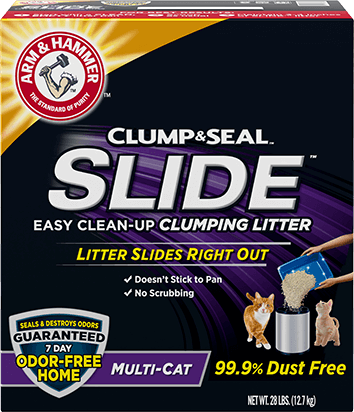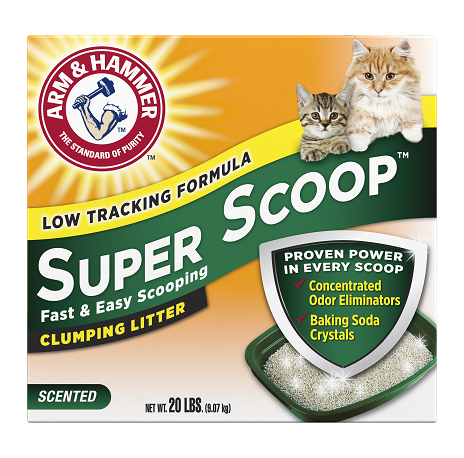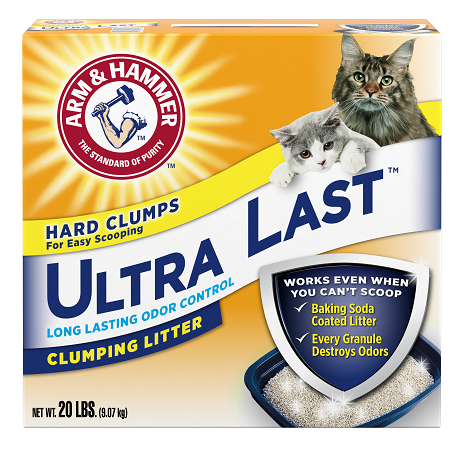What Do Cats Like to Eat?
Unlike dogs, cows, goats and other domesticated animals, cats have only recently become human companions. DNA sequencing reveals that your average housecat and a wild big cat aren’t very different at all. Yes, you basically do have a miniature jungle or savannah cat on your couch.
What does this have to do with what foods your cat can eat? Whether wild or semi-domesticated, cats are high-protein eaters. Family cats are natural carnivores that have only adapted to being omnivores by eating the kibble they can readily cajole from humans with a few chatters and cheek rubs.
A cat’s digestive system and metabolism are designed to eat the small rodents and birds they typically hunt and kill in the wild – a diet that’s high in protein and calcium and low in carbohydrates.
What Should I Feed My Cat
Veterinarians agree that a mixture of wet or canned cat food and dry food is best for most cats and kittens. A potential problem with feeding your cats only dry food is a lack of moisture content, which can lead to urinary tract issues for kitty. Wet food has a higher amount of water and is typically more meat-based, while kibble is more plant-based and well, dry.
If you are into making your own cat food or sharing some of your human food with kitty, the key is moderation and watching what you provide. Canned fish is high in sodium and oils and you should also watch for hidden sugars in dairy products. With some planning and care, you can supplement or substitute commercial wet or dry cat food with healthy homemade alternatives.
What Meats Can Cats Eat?

Remember cats are not vegetarian or vegan, nor can they be. Cats are obligate carnivores, meaning they must have meat to survive. In the wild, cats only eat meat, and all cat digestive systems are optimized for it. One big difference for big cats and their domestic cousins: don’t feed your family feline raw meat. It can make them sick.
If you’re wondering what foods cats can eat besides cat food, the following meats (cooked fresh not canned) are typically okay for kitty to eat, in appropriate portions, but always check with your veterinarian about your cat’s diet.
- Chicken: A staple of many canned and dry foods, cooked chicken is enjoyed by most cats.
- Turkey: It’s ok to give kitty some of your Thanksgiving turkey, cut in small pieces or ground. Skip the gravy or cranberry sauce though.
- Fish: Choose salmon, cod, tuna, or other fresh, whole fish, without breading. Skip the spices if you’re sharing with your cat and make canned versions of fish or seafood a rare occasion as the high sodium and oil can upset kitty’s digestion.
- Shrimp, Lobster or Other Seafood: Again, cooked not raw, and without any sauce or butter, cats can enjoy shellfish.
Meats to skip for kitty: most deli meats (they’re high in salt), processed meat like sausage, hot dogs, pepperoni or salami and canned or smoked meats.
What Other Human Foods Can Cats Eat
Here are a few other foods cats may enjoy in moderation, but be sure to ask your vet what is best for your kitty and their specific health needs:
- Cooked eggs: Cooked without any spices or butter, a small amount of eggs is something your cat can eat. Spoon out a small portion of scrambled eggs before seasoning and let it cool for kitty to nibble.
- Cheese, cottage cheese and yogurt: Some dairy in moderation is okay for most cats, but like humans, many kitties are lactose-intolerant and can become more so with age. Yogurt is lactose-free due to the natural process of creating it, so high protein, unflavored, plain, whole-milk yogurt is something you and kitty can share in small amounts.
- Vegetables: Some cats actually like certain vegetables, and it’s usually okay for your cat to eat them in small amounts. Just remember, cats are not vegetarians and need meat protein to stay healthy. Some veggies cats have been known to enjoy: raw cucumber or lettuce, plus steamed green beans, peas, broccoli or asparagus.
What Foods Should My Cat Not Eat?
Unlike dogs, most cats are not food motivated and generally will not eat foods that aren’t great for them. It’s much more likely that kitty will turn up their nose at food that’s out of the ordinary or might upset their stomachs. That said, you don’t want to leave the following foods around for kitty to get into, should they be tempted to try them.
- Raw chicken. It can contain salmonella and other bacteria that will make kitty (and humans) sick. Cook any chicken you give to your cat.
- Canned meat or fish (in moderation only). Your cat may come running when you open a can of tuna, oysters, sardines, salmon, or shredded chicken. However, canned meat is high in sodiuim and canned fish (tuna especially) contains higher levels of mercury – both harmful to kitty. Tiny amounts infrequently is probably ok, but wet cat food is a better choice.
- Chocolate. As with dogs, chocolate is toxic for cats. The theobromine can cause tremors, seizures, and death. Don’t share your chocolate bar, brownie, cake, or let kitty lick your ice cream sundae dish.
- Cherries, grapes and raisins. You may love these, but they’re not for kitty. These fruits have high sugar content that can lead to kidney failure and can also be toxic to both cats and dogs.
- Onions, chives and garlic. Your cat probably won’t be interested, but if you’re considering sharing human food that contains these common flavoring ingredients (including onion or garlic powder), give it a miss. Ingesting aliums can lead to anemia in cats or even onion poisoning in larger amounts.
- Caffeine or alcohol. Don’t let kitty sip from your coffee, cocoa, wine glass, or snifter. These substances are toxic for cats.
- Cooked fat trimmings and bones. Don’t give kitty just the skin, fat or bones from your meal. It can cause vomiting and diarrhea and chicken bones (and other bones when cooked) can splinter and cause tearing of the cat’s esophagus or intestines.
- Raw eggs. In addition to potentially harmful bacteria, raw egg whites contain a protein that can harm kitty’s ability to absorb nutrients.
- Liver. Again, in small, kitty-sized portions infrequently, partially cooked ground liver can be okay for most cats. Too much liver in kitty’s diet, however, can lead to an overdose of Vitamin A.
- Dog food. If kitty occasionally shares Fido’s kibble, it’ll be okay, but dog food is not a substitute for cat food. Each is formulated for the nutritional needs and digestive systems for a dog or cat so don’t mix and match.
- Deli Meats. If it’s all natural chicken or turkey without added nitrates or nitrates, it’s likely okay for kitty, but most deli meats are high in sodium and may contain preservatives that aren’t good for your cat. Don’t feed a cat ham, bologna, salami, or other processed or smoked meats.
- Raw Fish. If you get sushi grade, very fresh fish, a small amount is likely okay, but otherwise raw fish may be contaminated with bacteria that could harm your cat.
This list isn’t exhaustive. If you’re not sure whether a certain food is okay for your cat to eat, check with your veterinarian before letting kitty try it.
How Can I Tell if My Cat’s Stomach is Upset?
Just like humans, sometimes kitties will get an upset stomach from eating too much, too fast, or something that didn’t agree with them. They may also have a bacterial or viral intestinal infection. Here are signs your cat is dealing with nausea or digestive troubles:
- Not eating
- Lethargy
- Licking lips
- Vomiting
- Diarrhea
Many times temporary nausea or upset stomach will pass, as it does with humans. If your cat having difficulty getting enough fluids or these symptoms last, contact your veterinarian for help.
What to Do If Your Cat Has Eaten Something It Shouldn’t
You restrict your cat’s diet to only good things and you keep tempting food that’s not for kitty out of reach. But even with your efforts, sometimes your cat will eat something they should not have. Be sure to keep the numbers of your local vet, the closest emergency veterinary clinic, and the ASPCA Animal Poison Control Center – (888) 426-4435 – on hand to use if this happens.
Cleaning the Cat Litter if Your Cat Has Had Diarrhea
If your cat has had diarrhea or been treated for an intestinal virus, it’s best to dump your cat litter, wash your litter box, and refill with fresh litter. Think of this like washing your sheets or bathroom after you’ve been sick.
As always, if you’re looking for cat litter that controls odor for 7 days, absorbs wetness quickly, and is easy-to-scoop with hard clumps, try one of these ARM & HAMMER™ cat litters formulated with baking soda and advanced odor neutralizers.



